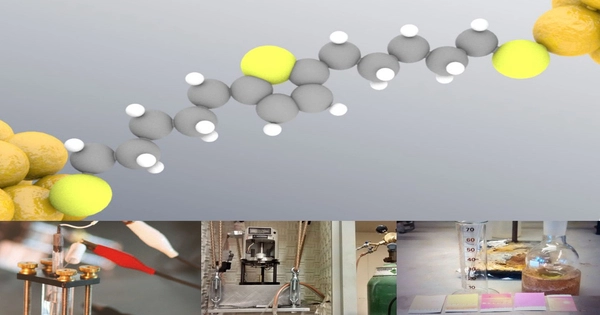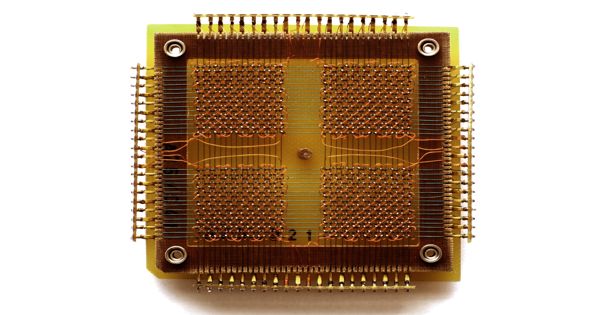The study and application of molecular building blocks for the production of electronic components is known as molecular electronics. It is an interdisciplinary field that studies how molecules can be used as functional components in electronic devices. It is a multidisciplinary field encompassing physics, chemistry, and materials science. It deviates from standard silicon-based electronics, which use individual molecules or nanoscale structures to execute electronic operations. The usage of molecular building blocks to construct electronic components is the unifying aspect.
The possibility of size reduction in electronics given by molecular-level control of attributes has sparked a lot of interest in molecular electronics. It has the possibility to extend Moore’s Law beyond the previously anticipated boundaries of small-scale conventional silicon integrated circuits.
Here are some key aspects of molecular electronics:
- Molecular Wires and Junctions: Molecules are frequently employed as wires or junctions in electrical circuits in molecular electronics. These molecules, which are typically formed of organic chemicals, can conduct electricity. They are sometimes known as “molecular wires” or “molecular junctions.”
- Single-Molecule Devices: The development of single-molecule devices is one of the most exciting elements of molecular electronics. A single molecule acts as the active component in these devices. A single molecule, for example, can act as a transistor, diode, or even a memory device.
- Nanotechnology and Nanoscale Engineering: Nanoscale engineering is frequently used in molecular electronics to precisely control and alter individual molecules or nanoscale structures. To analyze and manipulate molecules on surfaces, techniques such as scanning tunneling microscopy (STM) and atomic force microscopy (AFM) are used.
Advantages
Molecular electronics has several potential advantages over traditional silicon-based electronics. These include the ability to create smaller and more energy-efficient devices, as well as the potential for new functionalities not achievable with conventional materials.
Challenges
Despite its promise, molecular electronics faces significant challenges. Controlling and reproducibly fabricating molecular devices can be extremely difficult. Additionally, molecular components are often sensitive to environmental factors, making them less stable and reliable compared to traditional materials.
Applications
The possible applications of molecular electronics include molecular sensors, molecule-scale transistors for high-density integrated circuits, and possibly molecular-scale memory systems. Practical applications, on the other hand, are still in the experimental and research stages.
Molecular electronics is a highly active research field, with scientists and engineers attempting to progress the field by discovering new materials, production techniques, and theoretical models. This work is still in progress.
In conclusion, molecular electronics is a fascinating and rapidly developing topic that investigates the use of molecules and nanoscale materials in electronic systems. While it has the potential to enable smaller and more energy-efficient electrical components, it currently faces numerous technological obstacles before becoming a mainstream technology.
















